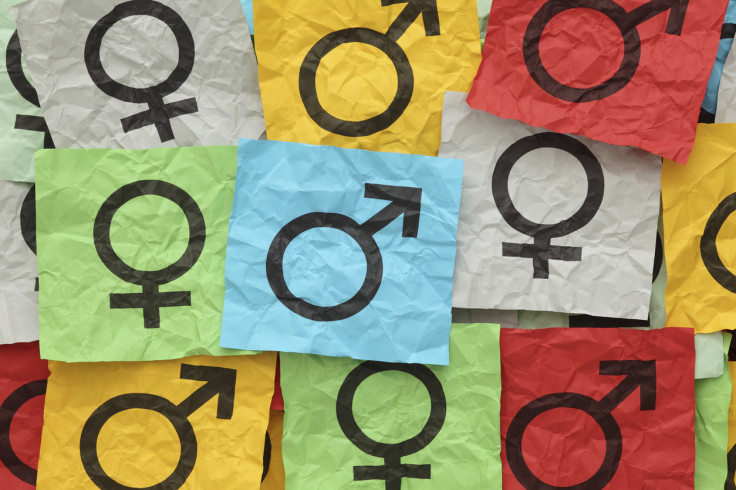International Men's Day: What does it mean to be a modern man?
From family values to mental health - here is what they said.

"Man up" and "act like a man" are just two of the many phrases which young boys hear on the path to adulthood – and many of these can lead to harmful gender stereotyping and paint an image of how men should act, or who they should be.
But what does it mean to be a man? On International Men's Day, we asked readers and columnists to share their views.
Asad Dhunna
"Being a modern British Asian man presents opportunities and challenges in equal measure. It's about walking the tightrope between the increased equality in a more liberal Britain alongside the expectations of traditional gender roles exported out of countries such as India and Pakistan.
"The weight of expectations can become particularly heavy, especially when incorporating a difference such as being LGBT.
"For me, there's a lot of introspection needed to find a definitive place, but in a more gender fluid and connected world I see that as a good thing."
Ismail Einashe, 31
"What does it mean to be a man today? Well, that is a rather difficult question to answer, but I am glad that old notions of masculinity have seriously been challenged in recent decades. For me, at least, being a man is recognising the power that men have – a power that men have used to cause wars, destroy the environment and dominate half of humanity.
"So I am not quite sure about this International Men's Day, and I am also dubious about men's rights activists whose supposed pro-men talk can easily become sexist. But still, we do need to talk about men's issues, such as health. It is still shocking that the biggest killer of men under the age of 45 in Britain is suicide. And also intersections matter: the racial, class and income divides among men matter hugely – for instance, black men in Britain suffer from much higher rates of mental health and unemployment."
Luke McMillan, 33
"I feel in this changing landscape, my role as a man is to go against the grain and to uphold the traditions and attitude to life that I inherited from the generation before me. Thanks to my parents, I am a man who opens the door for people and lets people sit down on my seat [on public transport] if I can see they need it more than I do.
"As a modern man I have realised that it is now more important than ever to know who I am, what I believe in, how I am to treat those around me and what is important to me. It is important to be stronger-willed than the generations before me, as there is so much out there to covet or to change the way you think about things."
Eamon, 57
"My starting point here is that I am nothing like my father! That is not a criticism of him or disrespectful of someone who, though distant, faced harsh challenges in early life and in struggling to do right for his family.
"I try to be a more rounded man. Someone who can earn the respect of people, who continues to be a role model for my kids – even though they now are grown up – and a fair, balanced and generous person who can be relied upon if needed. Like my dad, though, providing for my family is important to me. I like to achieve and see that in my family."
Pedro, 29
"Being a man to me means to protect my family at all costs, be a provider, offer a solid support system, unconditional love and happiness and build a sanctuary for my family."
Chris Smeaton, 30
"I was brought up with pretty nuclear family style, working-class ideas of being a man from when I was young. My mum was always the emotional support where my dad was the hard-working authoritarian who handed out discipline and taught work ethic.
"My initial idea of a man came from him and that family role he took on. He was hard working and emotionally closed off. Carried the weight of the world on his shoulders but never considered sharing the burden, which I now know is a common thing, and articles have been written about the regular occurrence of young male suicide, which is unfortunately how he died.
"I think the older we get and the more communication and information available, people feel less alienated, and we hear more stories about how gender is almost fluid and how these archetypal roles are falling away."
Sam Brightbart, 27
"To me, being a man means, above all, being aware of my privilege. I know that I am awarded unfair advantages over women in a variety of ways.
"I also observe, despite my best efforts to avoid the pull towards stereotypically masculine traits, that certain trends are hard to avoid, such as the fact that my communication with male friends tends to be less emotional.
"Beyond these things, I don't think that 'being a man' means anything to me inherently, other than the obvious aspects of how I relate to others sexually as a heterosexual man, or perhaps how I think about my parents. I don't think being a man is a particularly big part of my identity. I'm much more interested in being a human – which to me evokes words such as empathy, morality, love, creativity, emotional authenticity."
© Copyright IBTimes 2025. All rights reserved.




















